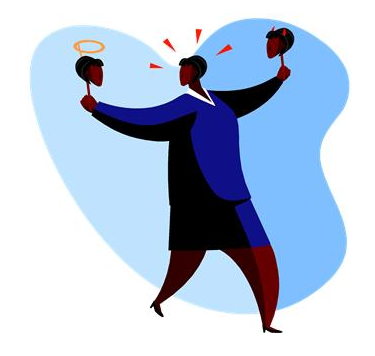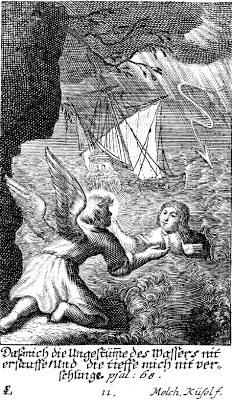TO CHEW ON: "And we know that the Son of God has come and has given us an understanding that we may know Him who is true..." 1 John 5:20
As we read 1 John 5, the phrase "we know" keeps popping up. What are the things John told his readers way back in the first century, and tells us now, that "we know"?
1. "We know that we love the children of God, when we love God and keep His commandments" (1 John 5:2).
[Know here and in its last appearance (in 1 John 5:20) is ginosko which means to learn to know, come to know, get a knowledge of, perceive, feel, understand.]
2. "These things I have written to you who believe in the name of the Son of God that you may know that you have eternal life..." (1 John 5:13).
[Know here is oida from horao which means to see with the eyes, see with the mind, perceive, know, become acquainted with by experience, to see, look, take heed, be aware.]
3. "... we know that He hears us, whatever we ask..." (1 John 5:15)
4. "...we know we have the petitions we have asked of Him" (1 John 5;15).
5. "We know that whoever is born of God does not sin" (1 John 5'18).
6. "We know that we are of God and the whole world lies under the sway of the wicked one" (1 John 5:19).
7. "We know that the Son of God has come and has given us an understanding..." (1 John 5:20a).
8. "...that we may know Him who is true and we are in Him who is true..." (1 John 5:20b).
As I read this list of certainties posed by John, I am again impressed with how the Christian life is a push-and-pull of faith and experience. Notice how our lists of knows (the know of experience) is bracketed by two knows (learning to know, getting a knowledge or perception of).
I ask myself, which of these knows can I declare with confidence? Which do I need to grow in? Most of all, am I progressively advancing in knowing Him (1 John 5:20b)? I do that by buttressing my faith through experience in all the ways John lists.
PRAYER: Dear God, help me to have the confident knowledge of You that John expresses. Above all, help me to know You.
PSALM TO PRAY: Psalm 37
*************
Unless otherwise noted all Scripture quotations are taken from the New King James Version®. Copyright © 1982 by Thomas Nelson, Inc. Used by permission. All rights reserved.



















